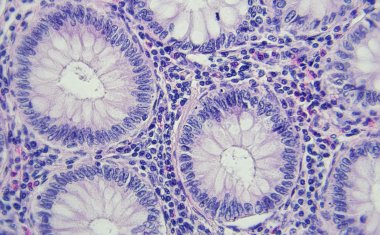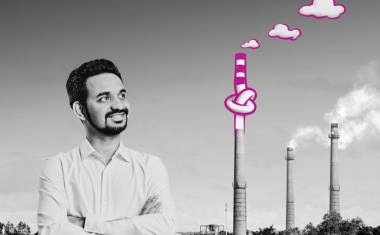German Chemicals in Strong H1 2021 Rebound
Despite the double whammy of the coronavirus pandemic and the related supply chain disruption, Germany’s chemical and pharmaceutical industries performed well in the first half of 2021, the industry association Verband der Chemischen Industrie (VCI) said.
At €111 billion, combined sales revenue of over the six-month period rose nearly 12% against the 2020 timeframe on the back of a nearly 6% increase in production volume. Boosting the already positive development was a nearly 5% upswing in prices.
Almost all production segments benefited from the strong economic expansion. In base chemicals, the upswing was especially dynamic, with polymer production climbing by more than 20%. Output of specialty chemicals increased by 8.7%, while at 1.4% pharmaceuticals sales showed slower growth. On the minus side, consumer chemicals such as soaps, detergents and cleaning agents, saw volumes recede by 1.8%.
The buoyant demand that led capacity utilization rates to surge forward to an unusually dynamic 86% had an unaccustomed flip side, straining the resources of even major chemical producers. “One in five companies is now reaching the limits of its production capacity," said VCI President Christian Kullmann, who is CEO of Evonik.
Kullmann nevertheless described the German industry’s half-year balance as the sign of a powerful turnaround against weak business year 2020, when sales sank by 4.4% to € 189.6 billion. Saying that producers are confident the current trend will hold up for the rest of 2021, the VCI president forecast that full-year sales will come in 11% higher year-on-year on a production rise of 4.5%. For the first time since 2018, industry-wide sales should cross the €200 billion threshold.
Underscoring the industry’s confidence are member companies’ plans to collectively budget €600 million more for spending on tangible capital assets this year than last year, catching up with spending plans that were temporarily put on ice amid the uncertainty of the pandemic.

Political framework as always a major concern
Looking at the current political framework, VCI said the new government taking charge in Berlin after the September election should offer incentives to improve competitiveness and innovation capability “rapidly, unbureaucratically and sustainably.” This will be necessary to complete the transformation to climate neutrality by 2045, Kullmann stressed. Energy prices are a particular concern. VCI has proposed a Future Fund worth €300-500 billion up to 2030 to support expansion of renewable energy and the necessary grid infrastructure as well as energy storage systems.
German chemical producers are unhappy with the EU Commission's chemicals strategy tied to the European Green Deal. Rather than scientifically proven risks, Kullmann asserted that Brussels is leveraging a theoretical hazard potential as a reason to ban substances, meaning that “thousands could be removed from the market at once,” despite being essential for the ecological transformation of coming decades. The list, he said, includes the semiconductors and chips required for e-mobility, intelligent control of power grids or wind and solar power plants.
Author: Dede Williams, Freelance Journalist





